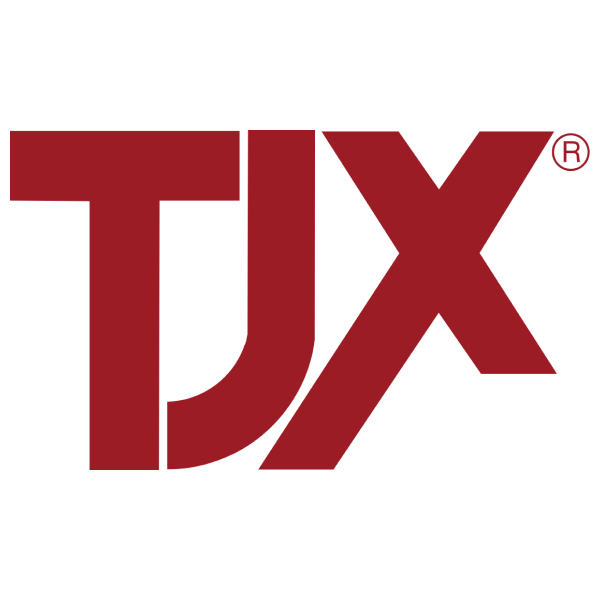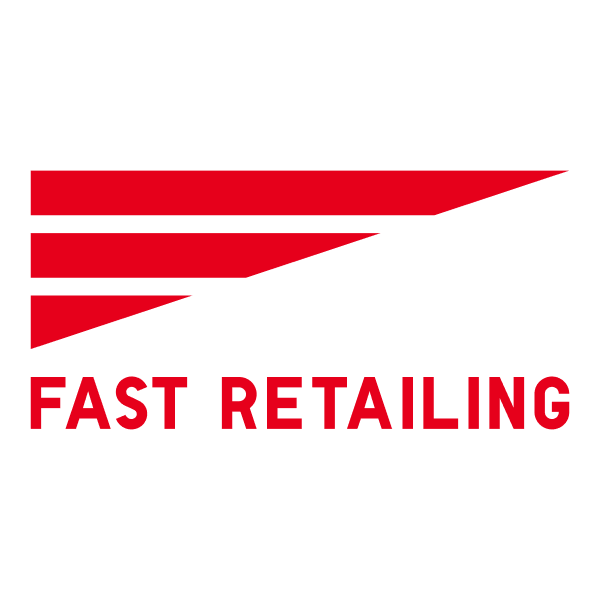 BURL
vs
BURL
vs
 S&P 500
S&P 500
 BURL
BURL
 S&P 500
S&P 500
Over the past 12 months, BURL has underperformed S&P 500, delivering a return of -3% compared to the S&P 500's +14% growth.
Stocks Performance
BURL vs S&P 500

Performance Gap
BURL vs S&P 500

Performance By Year
BURL vs S&P 500

Compare the stock's returns with its benchmark index and competitors. Gain insights into its relative performance over time.
Burlington Stores Inc
Glance View
Burlington Stores Inc., originally founded as a wholesaler in 1924, journeyed through decades of transformation to become a leading national off-price retailer. The company initially gained recognition through its Burlington Coat Factory, capitalizing on the demand for discounted outerwear. Over the years, Burlington's strategy shifted from mere seasonal goods to offering a comprehensive selection of apparel, including ladies', men's, and children's clothing, as well as home decor products, all at reduced prices. The stores have embraced a no-frills model, strategically focusing on lean operations—minimizing inventory by frequently rotating their stock to showcase a constantly changing assortment. This approach not only attracts a wide range of shoppers looking for bargains but also ensures that the retailer remains financially nimble, handling less inventory risk while maximizing sales per square foot. Central to Burlington’s business model is its ability to pass on significant savings to customers. The company purchases excess inventory from manufacturers and other retailers, often obtaining sizable markdowns which it then transfers to its consumers. This places Burlington in a competitive position against other retailers by delivering fashionable, brand-name products at considerably lower prices. These competitive prices attract a broad customer base that actively seeks value in their purchases, enabling Burlington to thrive in the retail landscape. Additionally, Burlington’s footprint is significant, with over 700 stores, mostly located in high-traffic suburban and urban areas across the United States. This geographical distribution plays a crucial role in ensuring the brand’s visibility and access to diverse demographic groups, further reinforcing its market position.








































